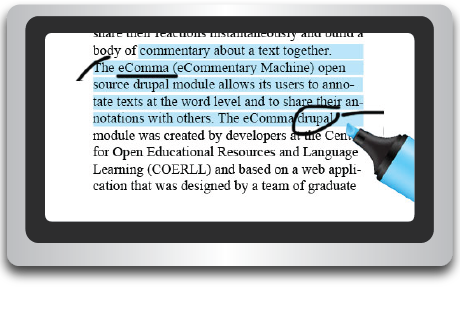Digital Social Reading
-
Tagging
If you can name it, you can tag it. Tags are brief labels that organize digital information and facilitate keyword searches. Readers tag a text for many reasons such as classifying information or marking a textual boundary or tracking shifts in voice or character.
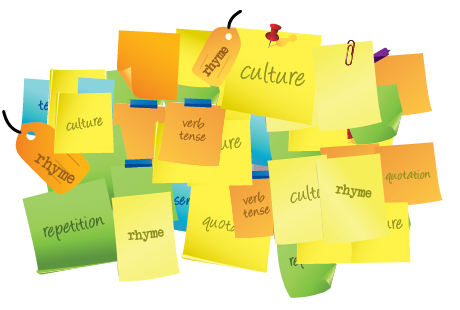
-
Word Clouds
A word cloud is a visual display of words from a text–the more frequent the word in the text, the bigger the word in the cloud. Readers use word clouds to analyze meanings in a text. As a pre-reading activity, students can analyze a word cloud and infer what the text is about.
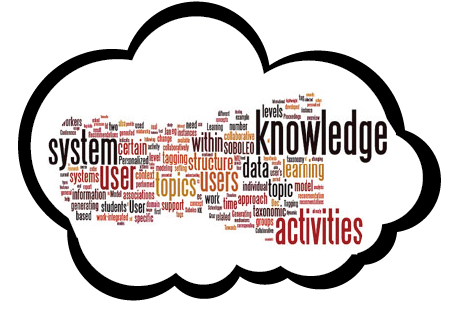
-
Analytics
Analytics is the discovery of meaningful patterns in data. Educational applications of social reading will depend heavily on the use of visualization to capture patterns of student activity. For example, teachers could use analytics to visualize students’ meaning-making behavior as they read their way through a text.
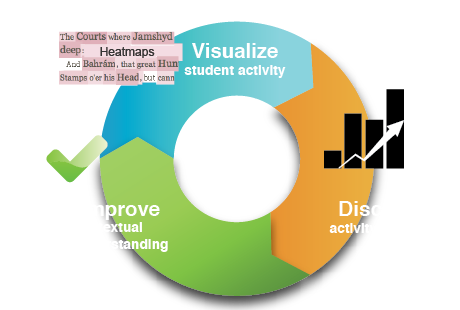
-
Commenting
Reading invariably provokes a response. Social reading turns a reader’s natural instinct to “talk back to the text” into a dialogue with others in which one comment provokes another. The result is a collaborative commentary.
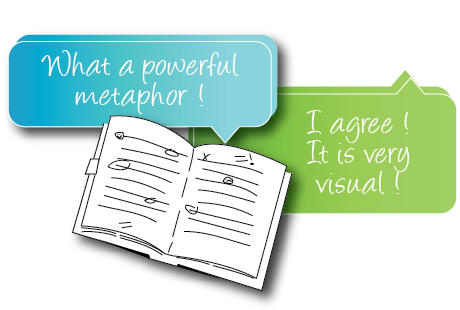
-
Marginalia
In medieval times, marginalia represented the work of a solitary monk in a scriptorium. Today, marginalia can be both a private act and a social act thanks to e-readers like the Kindle that facilitate sharing. The NY Times (March 4, 2011) describes digital marginalia as a ‘bridge between online and literary culture.”

-
Annotating
An annotation is any note or mark you make while reading a text. Scholars in both the humanities and the sciences annotate texts whenever they underline key words or highlight important passages. Annotating digital text is simple, just drag the cursor over a part of the text to mark it up.
